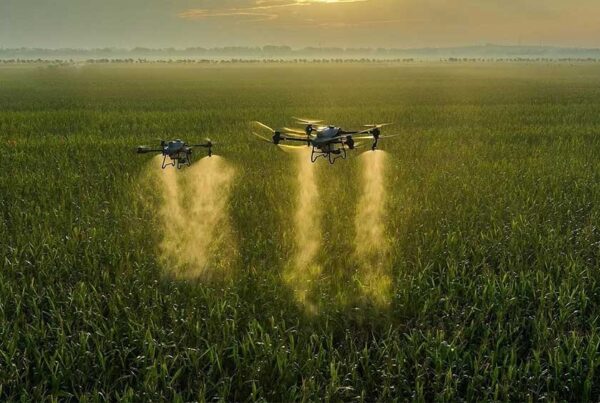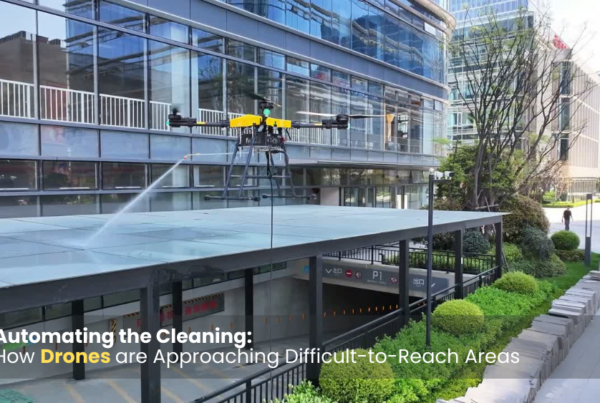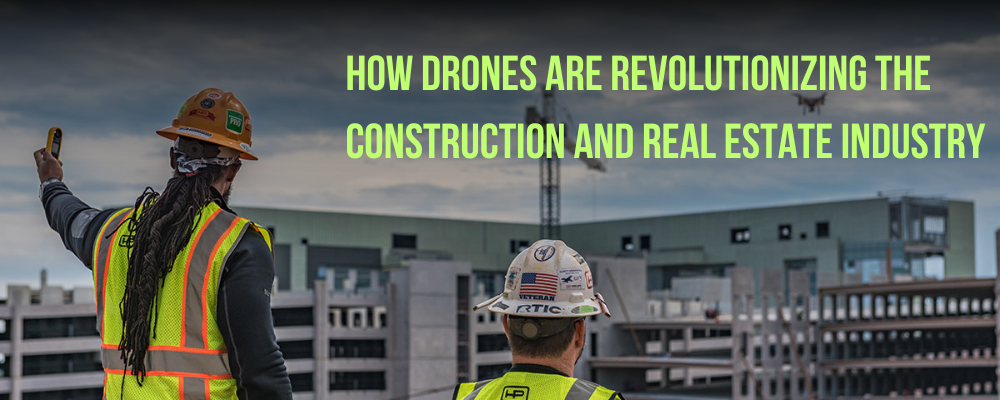
Introduction
- Explanation of drones
- Importance of drones in the construction and real estate industry
Drones in Construction Industry
- Benefits of drones in construction
- Use of drones in construction projects
- Examples of drone use in the construction industry
Drones in Real Estate Industry
- Benefits of drones in real estate
- Use of drones in real estate marketing
- Examples of drone use in the real estate industry
Legal and Safety Considerations
- Regulations for drone use in the construction and real estate industry
- Safety concerns about using drones
- Importance of licensed and experienced drone pilots
Conclusion
- Recap of the benefits of drones in the construction and real estate industry
- Future of drones in construction and real estate industry.
Introduction
Drones, or unmanned aerial vehicles (UAVs), are aircraft without a human pilot on board. They are controlled remotely by a human operator or can fly autonomously using software-controlled flight plans. In recent years, drones have gained significant popularity and have become increasingly accessible due to advancements in technology and affordability.
The use of drones in the construction and real estate industry has revolutionized the way these industries operate. Drones offer many benefits, including increased efficiency, accuracy, and cost-effectiveness. The ability to capture aerial footage and data has transformed how construction projects are monitored and how properties are marketed in the real estate industry.
Drone technology has seen significant advancements in recent years, including the development of advanced sensors and cameras, longer battery life, and improved software. These advancements have made drones more reliable and efficient, enabling them to perform complex tasks and collect precise data in various industries.
Overall, drones have become an essential tool in the construction and real estate industry, and their importance is only expected to grow in the future.
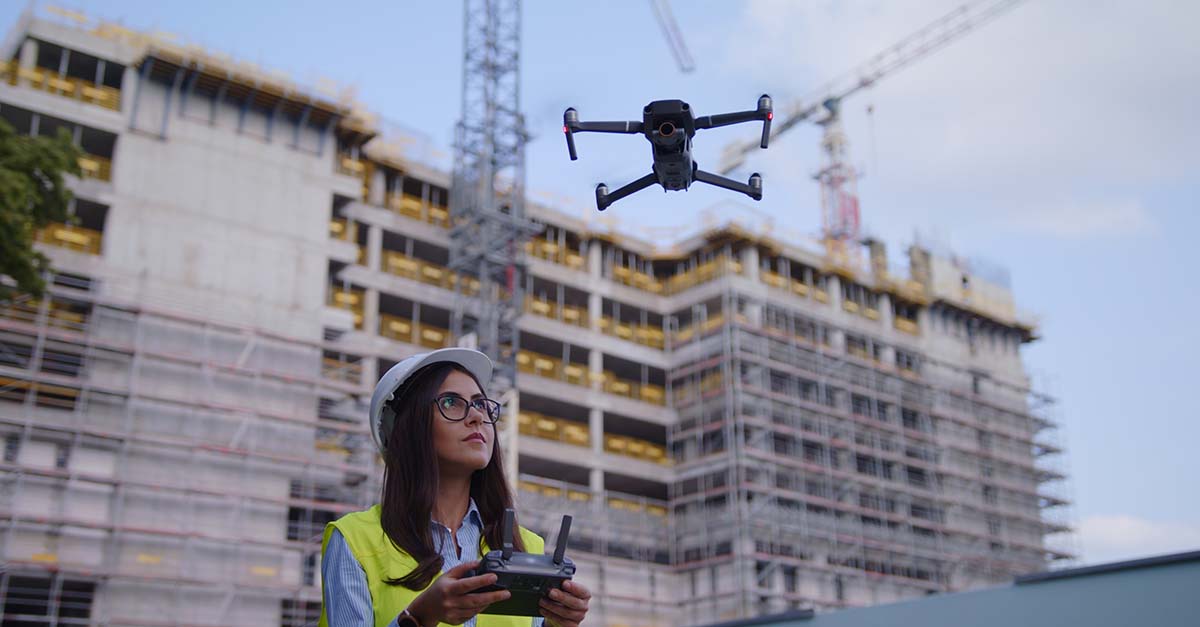
Drones in Construction Industry
Drones have revolutionized the construction industry by providing many benefits, including increased efficiency, safety, and cost-effectiveness. Here are some of the benefits of using drones in construction:
- Improved project planning and monitoring: Drones can provide a bird’s eye view of construction sites, allowing for better planning and monitoring of projects. They can capture images and videos of the site, enabling managers to track progress and identify potential issues early on.
- Increased safety: Drones can be used to inspect hard-to-reach areas, reducing the need for workers to climb ladders or work at heights. This can significantly reduce the risk of accidents and injuries on construction sites.
- Enhanced accuracy and data collection: Drones can collect precise data on construction sites, such as measurements, elevations, and 3D mapping, which can be used to create detailed models and maps. This data can be used to improve project planning, reduce errors, and save time and money.
- Cost savings: Drones can reduce the need for expensive equipment and resources, such as cranes and scaffolding. They can also perform tasks more quickly and efficiently, reducing labor costs.
Drones can be used in a variety of construction projects, such as road construction, building construction, and bridge construction. Here are some examples of drone use in construction:
- Site inspections: Drones can be used to inspect construction sites for safety and compliance, identifying potential hazards and violations.
- Progress tracking: Drones can be used to track the progress of construction projects, comparing current conditions to original plans and schedules.
- Surveying and mapping: Drones can be used to create accurate topographic maps and 3D models of construction sites, providing valuable data for project planning and design.
- Quality control: Drones can be used to inspect construction materials, such as concrete and steel, for defects and compliance with quality standards.
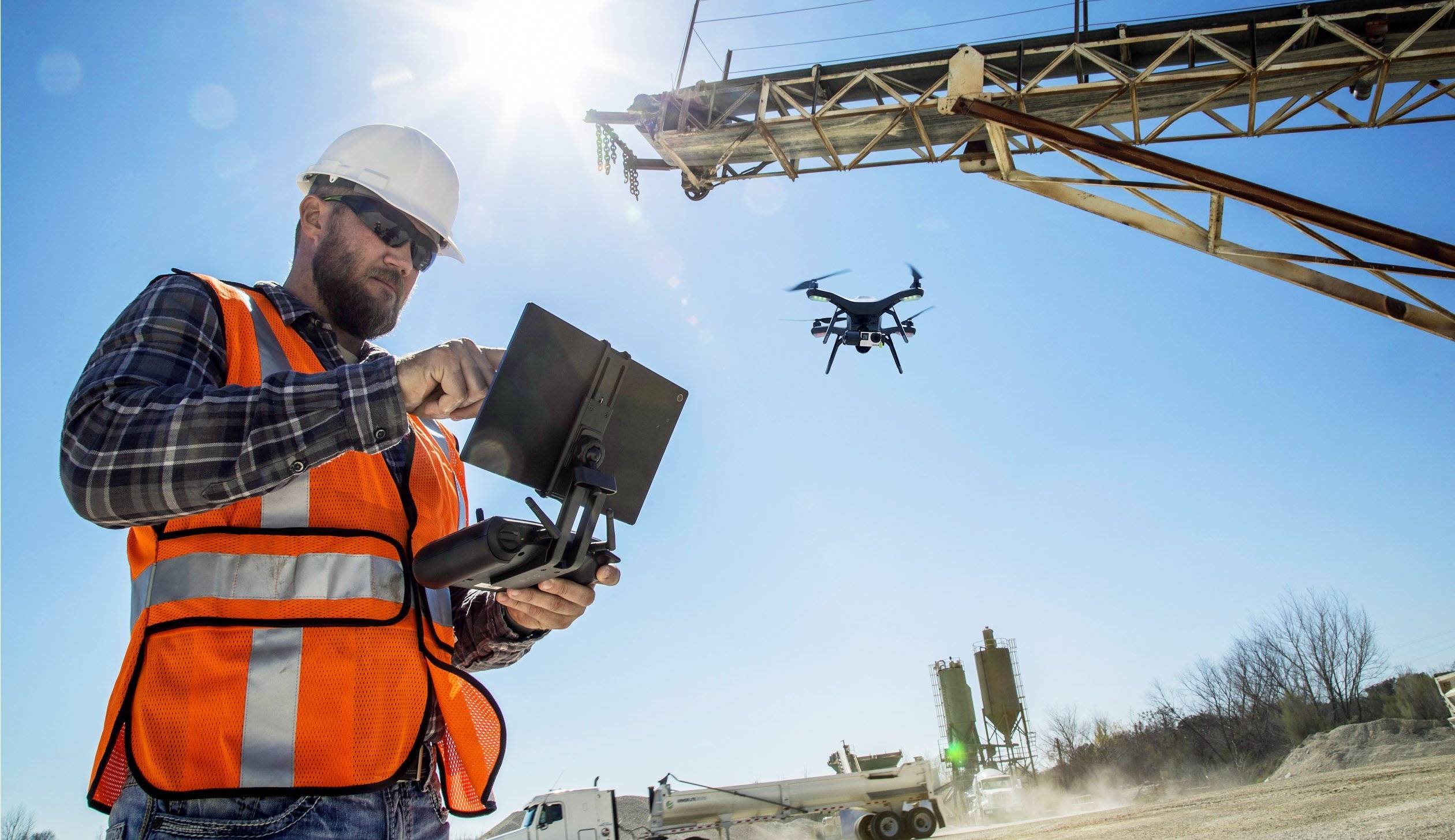
Drones in Real Estate Industry
Drones have transformed the real estate industry by providing new opportunities for property marketing and showcasing. Drones offer a unique perspective and ability to capture stunning aerial footage that traditional photography and videography cannot match. Here are some of the benefits of using drones in the real estate industry:
- Improved property marketing: Drones can capture high-quality aerial footage of properties, providing a unique and captivating view for potential buyers. This footage can be used in property listings, virtual tours, and other marketing materials.
- Increased engagement and interest: Aerial footage captured by drones can help to attract more interest in a property by highlighting its unique features and amenities. This can increase engagement and lead to more inquiries and showings.
- Time and cost savings: Drones can capture footage and images quickly and efficiently, reducing the need for expensive equipment and time-consuming traditional photography methods.
- 3D modeling: Drones can be used to create accurate 3D models of properties, providing potential buyers with a realistic and immersive experience of the property.
Drones can be used in a variety of ways in the real estate industry, including property listings, virtual tours, and property inspections. Here are some examples of drone use in the real estate industry:
- Property listings: Drones can capture stunning aerial footage of properties for use in property listings, highlighting unique features and providing a unique perspective of the property.
- Virtual tours: Drones can be used to create virtual tours of properties, providing potential buyers with a realistic and immersive experience of the property.
- Property inspections: Drones can be used to inspect hard-to-reach areas of a property, such as rooftops and chimneys, reducing the need for expensive scaffolding or specialized equipment.
- 3D modeling: Drones can be used to create accurate 3D models of properties, which can be used in virtual reality tours and other marketing materials.
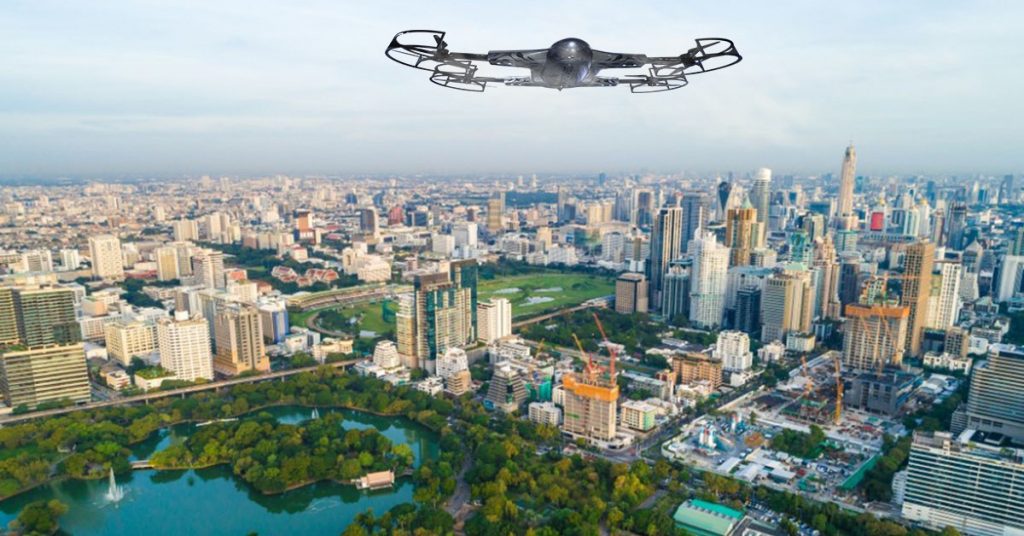
Legal and Safety Considerations
The use of drones in the construction and real estate industries is subject to regulations and safety concerns. It is important to be aware of these considerations to ensure safe and legal drone use.
- Regulations for drone use in the construction and real estate industry: The use of drones is regulated by government agencies such as the Federal Aviation Administration (FAA) in the US and the Directorate General of Civil Aviation (DGCA) in India. Regulations include restrictions on where drones can be flown, requirements for drone registration, and limitations on drone weight and flight altitude. It is important to follow these regulations to avoid legal consequences and ensure safe drone use.
- Safety concerns about using drones: Drones can pose safety risks to people and property if not operated correctly. Safety concerns include collisions with other objects, electrical hazards, and malfunctions. It is important to follow safety guidelines when operating drones to avoid accidents and injuries.
- Importance of licensed and experienced drone pilots: It is important to use licensed and experienced drone pilots for construction and real estate drone services. Licensed drone pilots have undergone training and passed exams to demonstrate their knowledge of safe drone operation and regulations. Experienced pilots are more familiar with the nuances of drone operation and can help ensure safe and effective drone use.
Conclusion
In conclusion, drones have revolutionized the construction and real estate industries by providing a new perspective and efficient way of capturing footage. The use of drones has benefits such as increased safety, improved project planning, cost savings, and better marketing materials.
In the construction industry, drones can be used for surveying, inspection, monitoring, and project documentation. In the real estate industry, drones can provide captivating aerial footage for property marketing and showcasing, as well as property inspections and virtual tours.
The future of drones in the construction and real estate industries looks promising. As technology continues to advance, drones will become more sophisticated and provide even more benefits. In the future, drones may be able to perform tasks such as autonomous inspections and 3D mapping, increasing efficiency and accuracy.
Overall, the use of drones in the construction and real estate industries has changed the way these industries operate. With their numerous benefits and increasing popularity, it is likely that drones will continue to transform these industries in the future.
Popular tags
Drones for construction sites, Drones for real estate, Construction drones, Drone applications in construction

